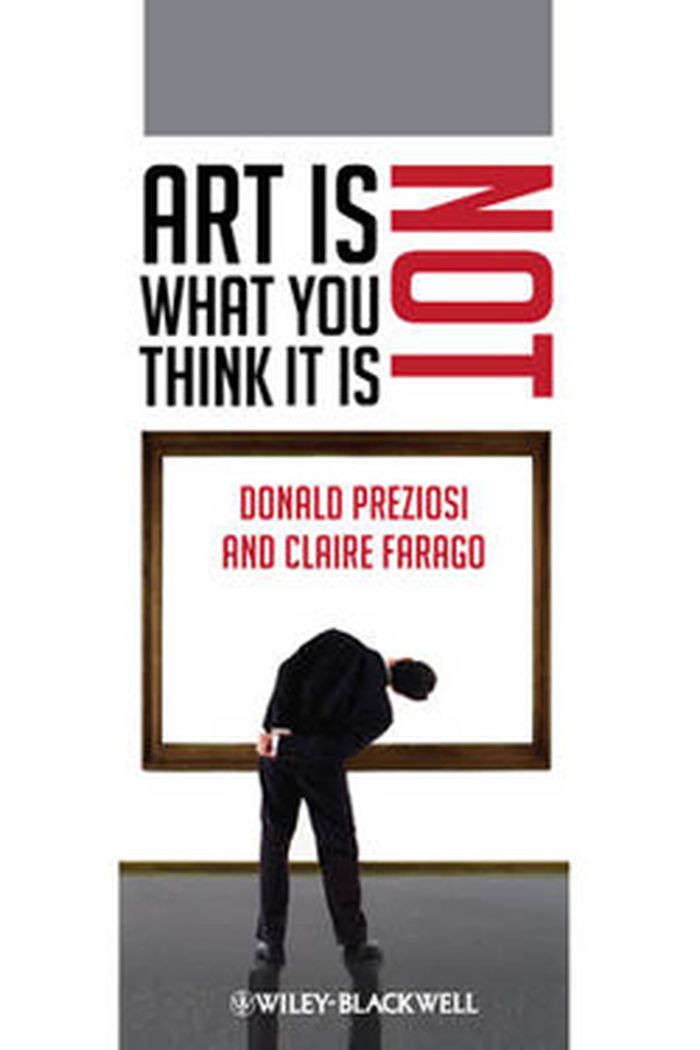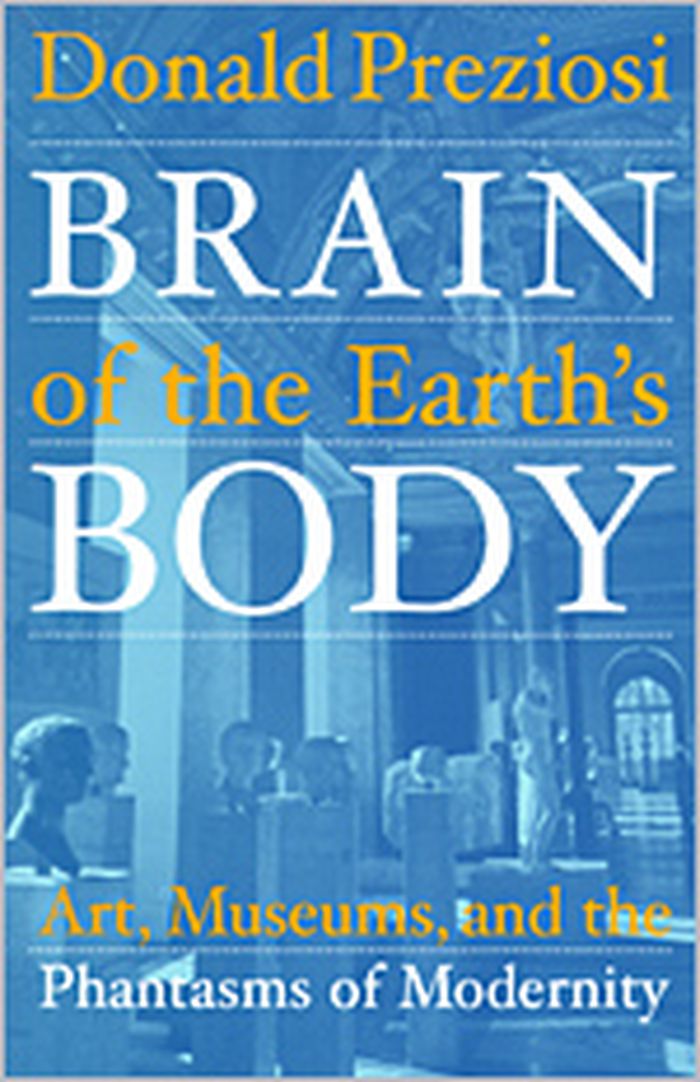$29.95
(disponible sur commande)
Résumé:
Art Is Not What You Think It Is presents a series of critical incursions into the current state of debate on the idea of art, making manifest what has been largely missing or unsaid in those discussions. Links museology, history, theory, and criticism to the realities of contemporary social conditions and shows how they have structurally functioned in a variety of(...)
Art is not what you think it is
Actions:
Prix:
$29.95
(disponible sur commande)
Résumé:
Art Is Not What You Think It Is presents a series of critical incursions into the current state of debate on the idea of art, making manifest what has been largely missing or unsaid in those discussions. Links museology, history, theory, and criticism to the realities of contemporary social conditions and shows how they have structurally functioned in a variety of contexts Deals with divisive and controversial problems such as blasphemy and idolatry, and the problem of artistic truth Addresses relations between European notions about art and artifice and those developed in other and especially indigenous cultural traditions.
Théorie de l’art
$24.95
(disponible sur commande)
Résumé:
What begins as a meditation on "the museum" becomes, in this book, a far-reaching critical examination of how art history and museums have guided and controlled not only the way we look at art but the ways in which we understand modernity itself. Originally delivered as the 2001 Slade Lectures in the Fine Arts at Oxford University, the book makes its deeply complex(...)
Brain of the earth's body : art, museums and the phantasms of modernity
Actions:
Prix:
$24.95
(disponible sur commande)
Résumé:
What begins as a meditation on "the museum" becomes, in this book, a far-reaching critical examination of how art history and museums have guided and controlled not only the way we look at art but the ways in which we understand modernity itself. Originally delivered as the 2001 Slade Lectures in the Fine Arts at Oxford University, the book makes its deeply complex argument remarkably accessible and powerfully clear. Concentrating on a period from the beginning of the nineteenth century to the beginning of the twentieth, Donald Preziosi presents case studies of major institutions that, he argues, have defined--and are still defining--the possible limits of museological and art historical theory and practice. These include Sir John Soane's Museum in London, preserved in its 1837 state; the Crystal Palace Exhibition of 1851; and four museums founded by Europeans in Egypt in the late nineteenth century, which divided up that country's history into "ethnically marked" aesthetic hierarchies and genealogies that accorded with Europe's construction of itself as the present of the world's past, and the "brain of the earth's body." Through this epistemological and institutional archaeology, Preziosi unearths the outlines of the more radical Enlightenment project that academic art history, professional museology, and art criticism have rendered marginal or invisible. Finally, he sketches a new theory about art, artifice, and visual signification in the cracks and around the margins of the "secular theologisms" of the globalized imperial capital called modernity.
Muséologie

